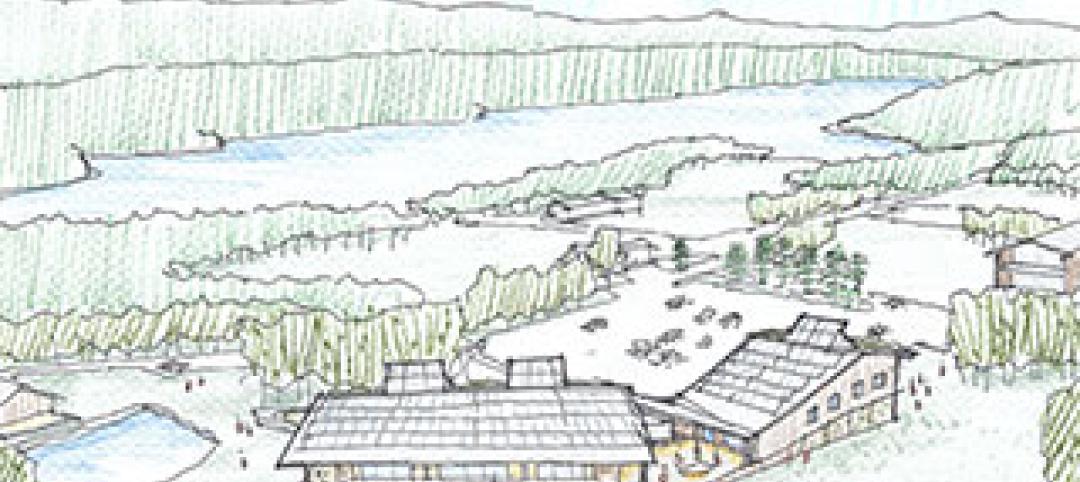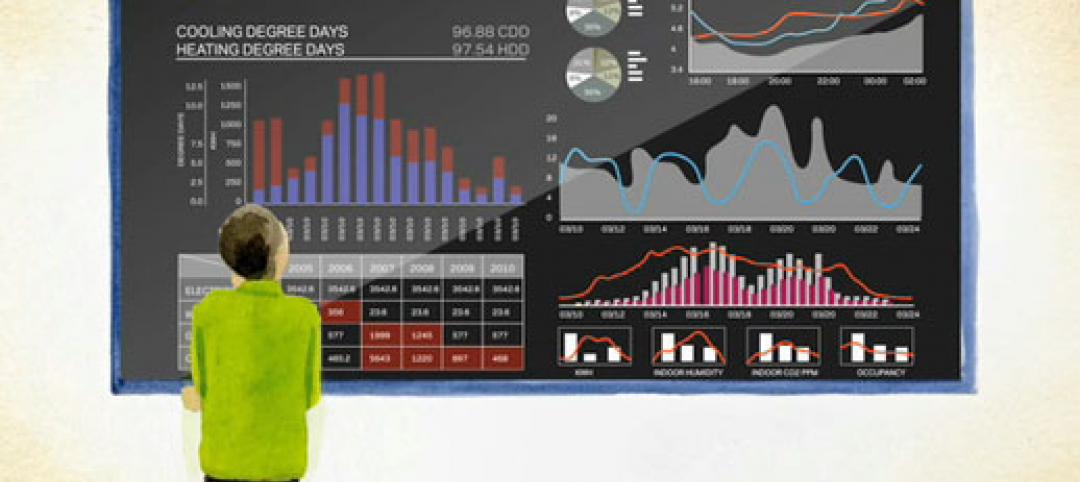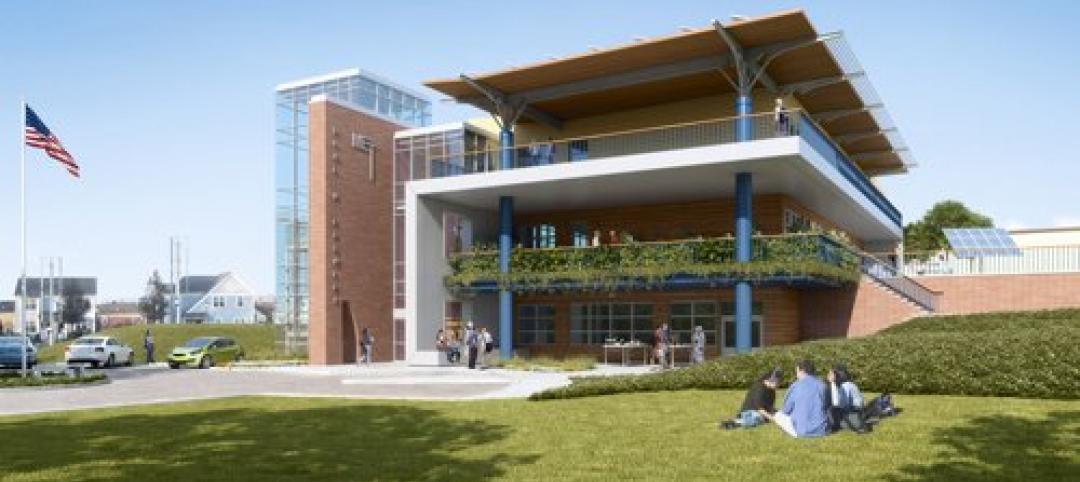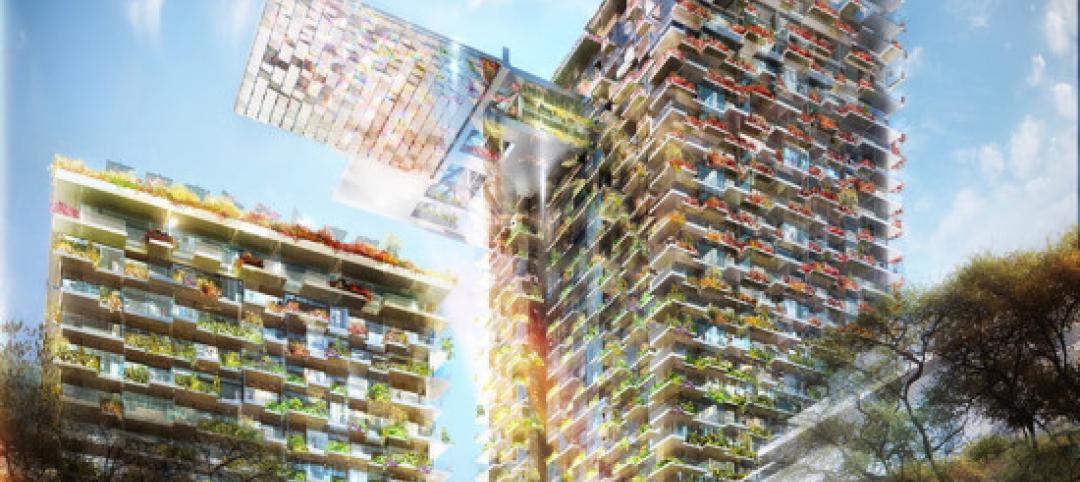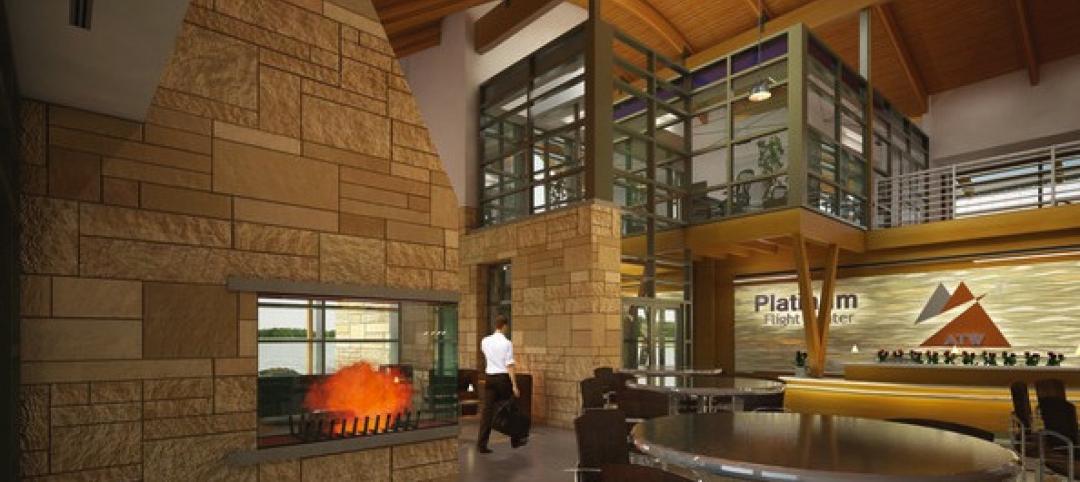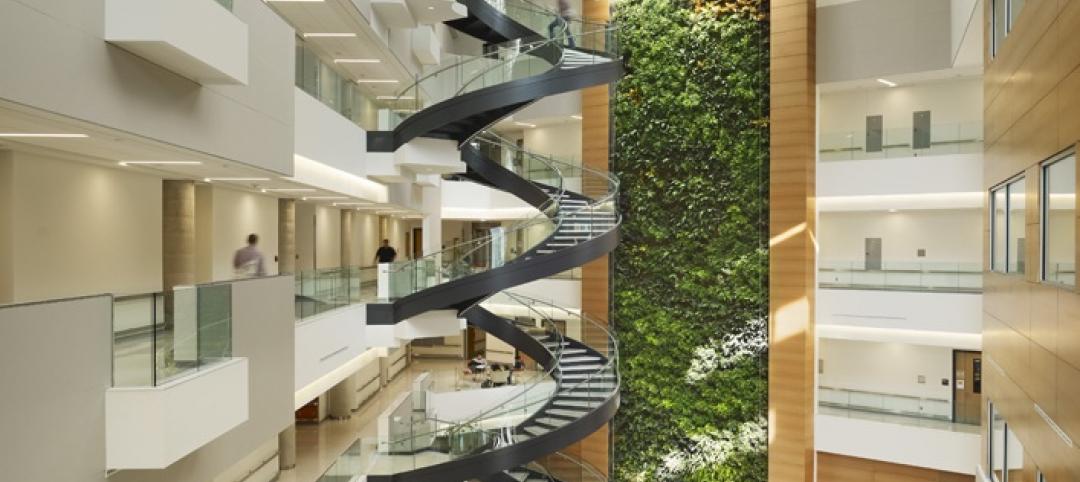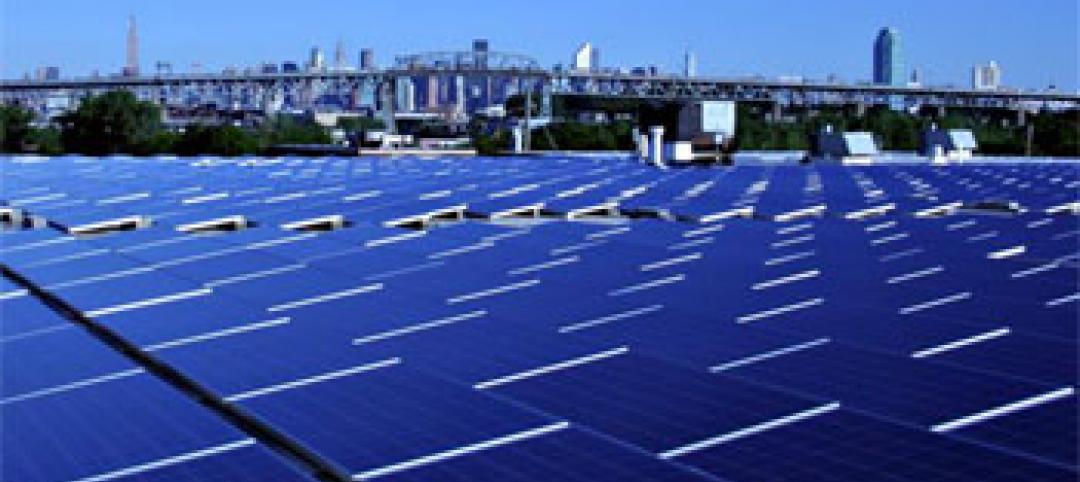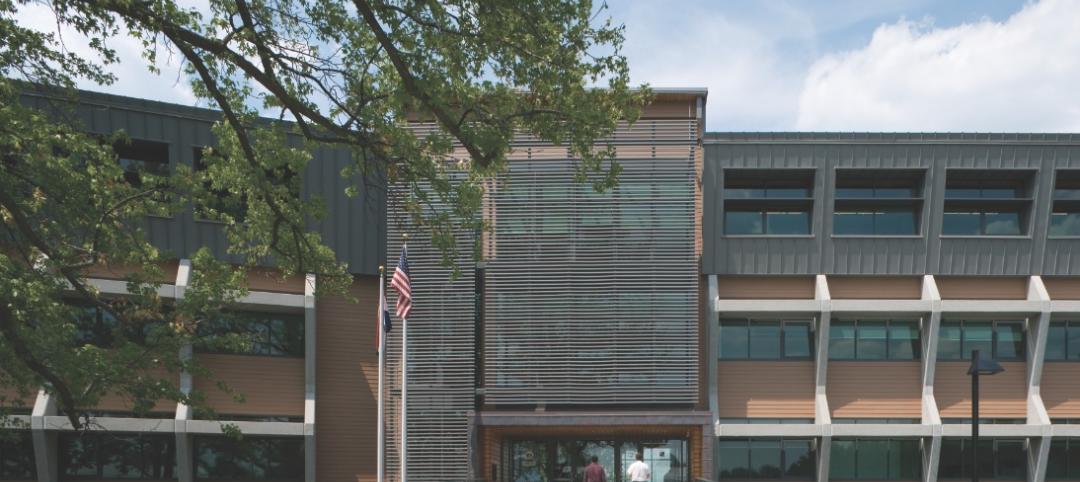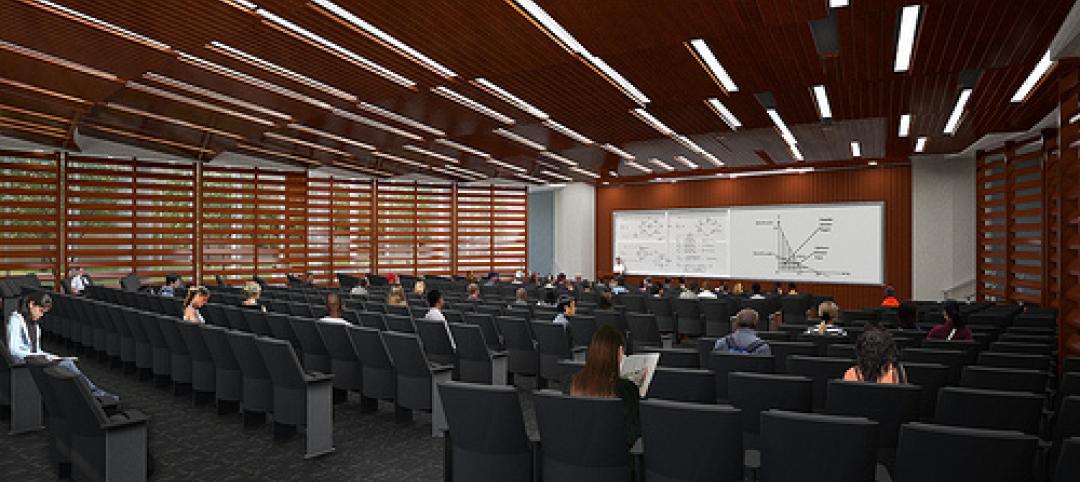The National Association of Landscape Professionals(NALP) announces its official list of the top landscape trends of 2018. As the voice of the multibillion-dollar lawn and landscape industry, NALP annually forecasts trends that will impact landscape planning, design and maintenance within the coming year.
“The top 2018 landscape trends reflect an evolution of the outdoor living trend we’ve seen grow in popularity over the past few years,” says Missy Henriksen, vice president of public affairs, NALP. “Stimulated by a healthy economy, homeowners and property managers are innovating their landscapes in fun, new ways. Recognizing the tremendous value that beautiful and functional landscapes bring to homes and commercial properties, today’s landscapes are built to last so they can be used and enjoyed through all the seasons, year after year.”
In 2018, NALP predicts the following five trends to influence landscape planning and design:
- Experiential landscape design. Today’s landscapes are thoughtfully and creatively built for living, working and playing, and bring together form and function for a quality outdoor experience. More residential landscapes feature designated areas for cooking, dining, relaxing and even working outdoors, armed with fully integrated outdoor lighting and audio/visual systems for a multisensory and multiuse experience, day or night. Office landscapes more frequently include walking and bicycle paths, dining areas or gardens to enhance the employees’ experience. For both residential and commercial landscapes, the experience often begins at the entrance, with beautiful lawns, plantings and design elements that make a welcoming or wowing first impression.
- Climate-cognizant landscaping. Unpredictable weather patterns call for landscape enhancements that withstand extreme conditions and allow spaces to be enjoyed on unseasonably cool or warm days. More landscapes are planned with the unexpected in mind, such as pergolas with retractable canopies that can protect outdoor areas in wind, rain and snow; outdoor heaters for patios on chillier nights; and hardier hardscape materials that can handle drastic temperature fluctuations.
- Emphasis on water management and conservation. A buzzword for years, sustainability in landscaping is more than a trend, it influences how landscapes are created and maintained now and in the years to come. In particular, the integration of eco-friendly watering practices are expected to continue to take off in 2018, including the use of plants native to a region (which generally use less water), xeriscaping (planning a landscape to use low-water use plants), and smarter irrigation technology.
- Enhanced equipment and technology. The latest yard tools on the market consider ease of use and storage while incorporating more eco-friendly innovations. Many lawn mowers, leaf blowers and similar equipment feature low or no emissions, are battery-powered, and are quieter. Many lawn and garden tools are also designed to stack or fold to fit in the garage or shed. Professionals are also integrating more technology — mobile apps, 3D modeling and drones — into landscape planning.
- Plants in playful colors and patterns. While the simple elegance of greenery was all the rage last year, 2018 will see a renewed interest in adding pops of color and whimsy to landscapes. With ultra violet named the Color of the Year by Pantone, a leading provider of color systems and an influencer on interior and exterior design, landscape professionals expect to integrate more violets, verbena, clematis, iris and other purple flowers into landscapes. “Patterned” plants are also getting their time in the garden spotlight, as these unique plants are revered for their intricate details, such as striped leaves or brightly colored veins.
The voice of the landscape industry, NALP develops its trends reports based on a survey of its members and by drawing from the expertise of landscape professionals representing various regions of the U.S. who are at the forefront of outdoor trends. The landscape trends are also influenced by broader lifestyle and design trends.
Related Stories
| Oct 14, 2013
Computer simulation aids design of Vermont ski area net-zero lodge and fitness center
The Craftsbury (Vermont) Outdoor Center has broken ground on a new activity lodge and fitness center. An energy modeling computer simulation was used to optimize solar orientation, insulation values, and the form of the building.
| Oct 10, 2013
Carnegie Mellon study looks at impact of dashboards on energy consumption
A recent study by Carnegie Mellon took a look at the impact of providing feedback in an energy dashboard form to workers and studying how it impacted overall energy consumption.
| Oct 7, 2013
Geothermal system, energy-efficient elevator are key elements in first net-zero public high school in Rhode Island
The school will employ a geothermal system to heat and cool a portion of the building. Other energy-saving measures will include LED lighting, room occupancy sensors, and an energy-efficient elevator.
| Oct 4, 2013
Sydney to get world's tallest 'living' façade
The One Central Park Tower development consists of two, 380-foot-tall towers covered in a series of living walls and vertical gardens that will extend the full height of the buildings.
| Sep 30, 2013
Smart building systems key to new Wisconsin general aviation terminal’s net zero target
The Outagamie County Regional Airport’s new 8,000 sf general aviation terminal was designed to achieve net zero.
| Sep 26, 2013
Sheep's wool insulation, bio-brick among Cradle to Cradle product innovation finalists
Ten finalists are competing for $250,000 in prizes from the Cradle to Cradle Products Innovation Institute and Make It Right.
| Sep 24, 2013
8 grand green roofs (and walls)
A dramatic interior green wall at Drexel University and a massive, 4.4-acre vegetated roof at the Kauffman Performing Arts Center in Kansas City are among the projects honored in the 2013 Green Roof and Wall Awards of Excellence.
| Sep 23, 2013
After retrofit and PV array project, N.Y. beverage distributor gets to net-zero
Queens, N.Y.-based beverage distributor Big Geyser’s energy efficiency retrofit project and rooftop solar array installation have positioned the company’s facility to achieve net-zero power.
| Sep 19, 2013
What we can learn from the world’s greenest buildings
Renowned green building author, Jerry Yudelson, offers five valuable lessons for designers, contractors, and building owners, based on a study of 55 high-performance projects from around the world.
| Sep 16, 2013
Passive solar, enhanced envelope crucial to Univ. of Illinois net-zero project
Passive solar strategies and an enhanced envelope are keys to achieving net-zero on the new 230,000 sf Department of Electrical and Computer Engineering building at the University of Illinois at Urbana-Champaign.



